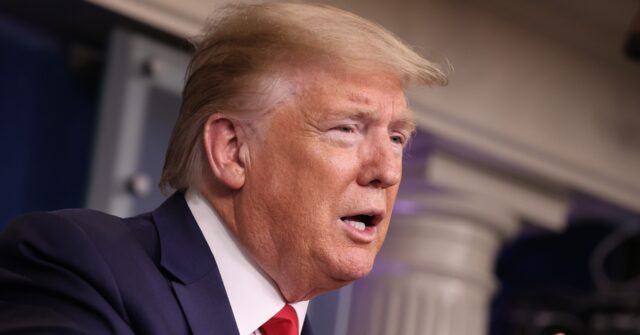The United States is reportedly set to withdraw from the World Health Organization (W.H.O.) on January 20, the first day of President-elect Donald Trump’s administration, according to a recent report by the Financial Times. This would mark a significant shift in U.S. health policy, following a pattern initiated during Trump’s previous term in response to the COVID-19 pandemic. The U.S. has been the W.H.O.’s largest donor, contributing approximately 16% of its total budget, which was around $6.83 billion for 2024, thus leaving the organization potentially facing a considerable financial deficit with the loss of its biggest funder.
The decision to withdraw appears to be motivated by a desire to distance the new administration from the W.H.O., which has faced criticism from conservative factions for its perceived inefficiencies and ties to China. Trump’s initial push to exit the W.H.O. came amid accusations that the organization was too closely aligned with China and that it failed to provide transparency regarding the origins and spread of COVID-19. He had claimed that the W.H.O. consistently favored China, characterizing its stance as lacking objectivity when assessing the pandemic’s unfolding events.
Sources from Trump’s transition team suggest that there is a strong inclination to act quickly upon taking office, indicating the desire to ensure the withdrawal is symbolic as well as practical. Ashish Jha, who served as the White House coronavirus response coordinator under Biden, noted that the new administration aimed to signal a clear break from the previous administration’s policies—more specifically, Biden’s re-engagement with the W.H.O. on his first day in office in 2021. This proposed withdrawal reflects an effort to establish a strong stance against the global health body from the outset, emphasizing the incoming administration’s commitment to its skepticism of international institutions that it views as problematic.
The notion of leaving the W.H.O. has complex implications, as the organization plays a critical role in global health initiatives beyond the Biden-Trump paradigm. Critics of the decision warn that withdrawing from the W.H.O. could undermine global health efforts, especially in times of pandemics where cooperation is vital for managing outbreaks and distributing vaccines. By removing its financial backing, the U.S. could inadvertently influence the dynamics of global health governance and the ability of poorer nations to combat health crises effectively, establishing a precedent that might weaken global solidarity and collaboration.
Furthermore, Trump’s remarks during his previous tenure echoed concerns about the W.H.O. being “China-centric,” which contributed to a broader narrative of distrust in international organizations. As the former president positions himself as a critic of globalism, his administration’s decision to withdraw could rally his base and reinforce his image as a defender of American sovereignty against what they perceive as inefficiency and partiality in international institutions. The shift could generate both domestic and international reactions, showcasing a divide in attitudes toward multilateralism and global cooperation.
In summary, the anticipated withdrawal from the W.H.O. reflects an overarching strategy for the Trump administration to signal a stark departure from the previous administration’s policies. This move denotes both a financial and symbolic rejection of international health governance under the organization, reinforcing themes of nationalism and distrust in global institutions. As the world navigates ongoing health challenges, the decision may resonate far beyond the U.S. borders, affecting collaborative efforts against future pandemics and shifting the landscape of global public health initiatives.

